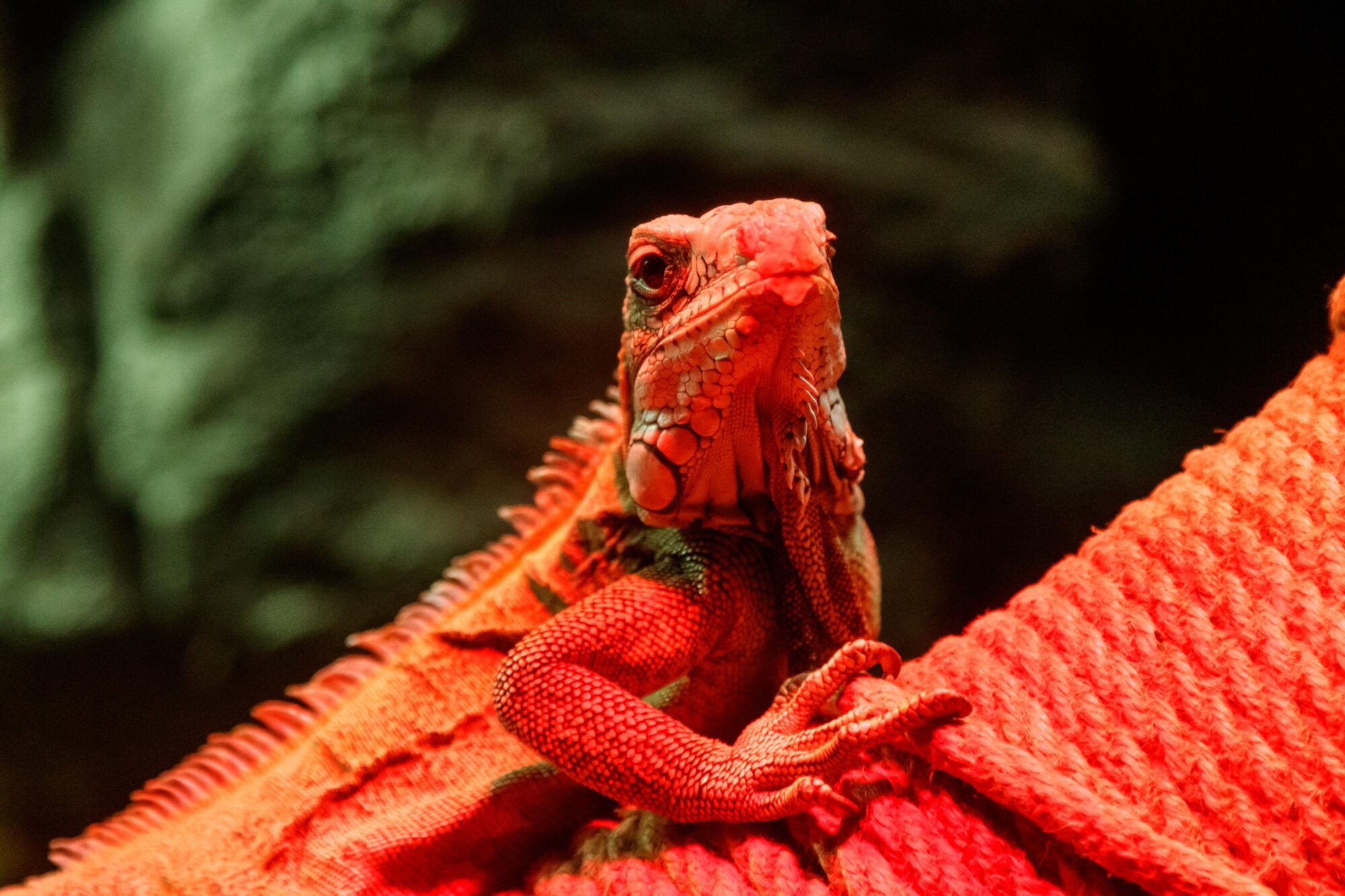Winter Care Tips for Exotic Pets: How to Keep Reptiles, Birds, and Small Mammals Comfortable

As temperatures drop in the winter, most of us think about how this might affect our furry, four-legged friends. But the cold affects all types of pets, especially exotic animals like reptiles, birds, and small mammals.
These animals can be more vulnerable to the cold than you might expect. This is why it’s so important to adjust your exotic pet care routine to keep your tiny friends safe and comfortable all winter long.
The team at South Texas Avian and Exotic Hospital shares our best winter exotic pet tips for keeping them comfortable.
Exotic Pet Care: Winter Tips for Reptiles, Birds, and Small Mammals
Reptiles
Reptiles like snakes, lizards, and turtles are cold-blooded. This means they depend on external heat sources to regulate their body temperature. In the winter, it’s more important than ever to keep your reptile pet’s enclosure warm.
Your reptile winter care routine should include checking that the following items are working as they should:
- Tank heaters
- Basking lamps
- Under-tank heating pads
- Thermostat
- Thermometer
- Humidifer
- Humidity gauge
This extra care goes a long way toward making sure your pet doesn’t get chilly (or too hot) or dry in the winter.
Birds
Birds are super sensitive to temperature changes, even when they’re inside your house. Drafts that come through a door or window or sudden bursts of chilly air can make them feel cold and miserable.
So make sure your chirpy friend’s enclosure is far away from windows or doors that could let in drafts. Consider covering the cage at night with a breathable blanket to help hold onto warmth while letting in plenty of fresh air.
Another concern? Indoor heating. While it’s essential, your heater can cause dry air inside your home, which can lead to skin and respiratory issues in birds. Put a small humidifier near your bird’s cage to help him stay comfortable.
Finally, make sure your care routine includes checking for signs of stress or discomfort in your feathered friend. Look for things like puffed feathers or changes in appetite—these can be signs that your bird is too cold.
Small Mammals
Small mammals like rabbits, guinea pigs, and ferrets also need extra TLC in the winter. Like birds and reptiles, these pets are sensitive to drafts and fluctuations in temperature.
Make sure they have soft, cozy bedding or fleece blankets to help them retain body heat. As with birds and reptiles, keep their enclosures far away from any doors that lead to the outside or any windows you crack open in winter.
It’s also important to keep up with grooming your tiny, furry family member. This helps prevent your pet’s fur from matting, which can take away from the effectiveness of their natural insulation.
Finally, if your house gets chilly at night, make sure your small mammal’s pet source doesn’t freeze!
Need Help? We’re Here for You!
Exotic pets need specialized care that can be hard to figure out, especially since they’re such small, delicate creatures. If you have any concerns about how well your pet is faring during the winter months, our team at South Texas Avian and Exotic Hospital is here for you. Call us at (210) 424-1871 to schedule an appointment!
